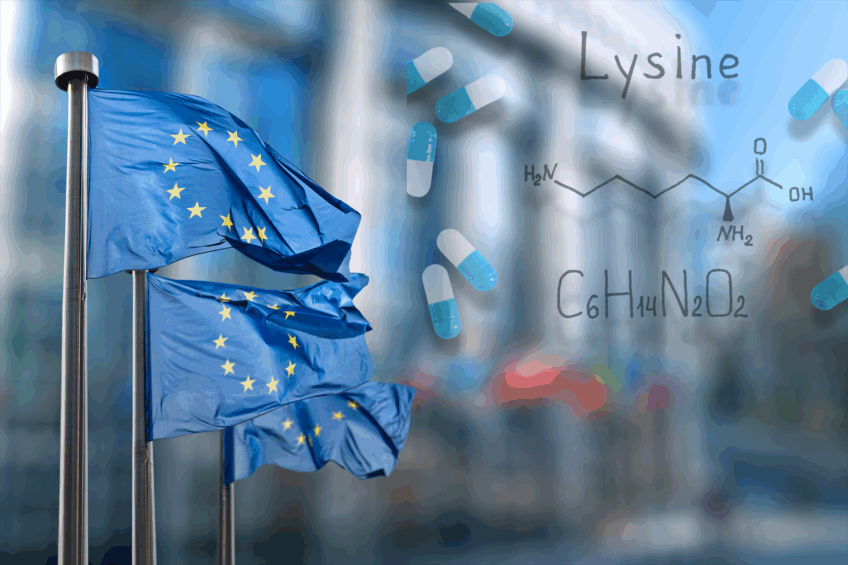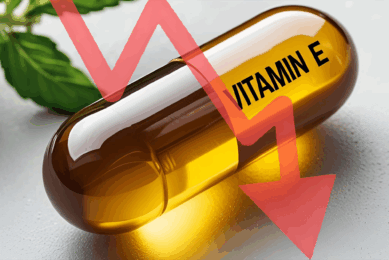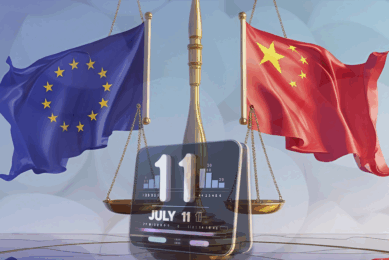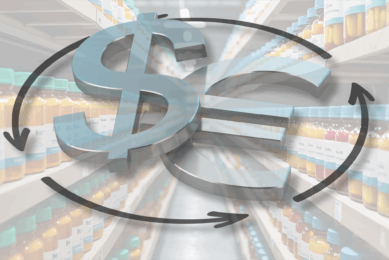European producer welcomes EU anti-dumping duties on Chinese lysine

The European Commission has introduced definitive anti-dumping duties on lysine imported from China. Effective July 11th, the duties range from 47.7% to 58.3%, depending on the exporting company.
Protecting EU industry and strategic supply
According to the Commission, the measure aims to protect EU producers of lysine — an essential amino acid used in animal feed, pharmaceuticals, and dietary supplements — from unfair trading practices.
Synthetic lysine plays a key role in helping farmers accurately meet animals’ nutritional needs, contributing to more efficient land use and reduced nitrogen pollution on livestock farms.
Findings point to harm from dumped imports
The duties follow an investigation which concluded that lysine imports from China were being dumped at prices that harmed the EU industry.
“The duties imposed today should help EU lysine makers to compete on a more equal footing with their Chinese counterparts.”
Eurolysine welcomes the decision
Eurolysine, the EU’s only lysine producer and a subsidiary of French cooperative Avril, welcomed the move.
“This decision shows the willingness of the Commission and the Member States to protect the European lysine production against disloyal competition and we welcome it,” said Jean-Philippe Puig, CEO of Avril.
“It fits perfectly with the logic of Avril buying Eurolysine a year ago and the ambition to preserve and develop a strategic activity for the European sovereignty and the future of livestock farming.”
Avril also noted that the 5-year term of the duties provides confidence to invest further in EU production. Its facility in Amiens has recently achieved its targeted output, with plans to increase capacity there by 20% by 2027.
Concerns from the feed sector
However, some industry voices have raised concerns about the impact on supply. Pedro Cordero, former president of the European Feed Manufacturers’ Federation (FEFAC), warned of potential economic consequences.
“The EU depends on China for 60% of its lysine demand (total EU usage app 500,000 tons equivalent lysine hydrochloride). There are no sufficient alternative supplies from EU production or other 3rd countries which can replace imports from China. Therefore, this measure may lead to significant adverse economic consequences for the EU feed and livestock sector.”
“FEFAC in no way condones dumping practices distorting fair competition. FEFAC is also supportive of any targeted EC policy measures which could help strengthen the competitiveness of EU feed additive producers, which could reduce strategic dependence on China for critical feed additives.”











